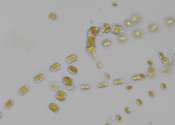Scientists probe Earth's core
We know more about distant galaxies than we do about the interior of our own planet. However, by observing distant earthquakes, researchers at the University of Calgary have revealed new clues about the top of the Earth's ...







